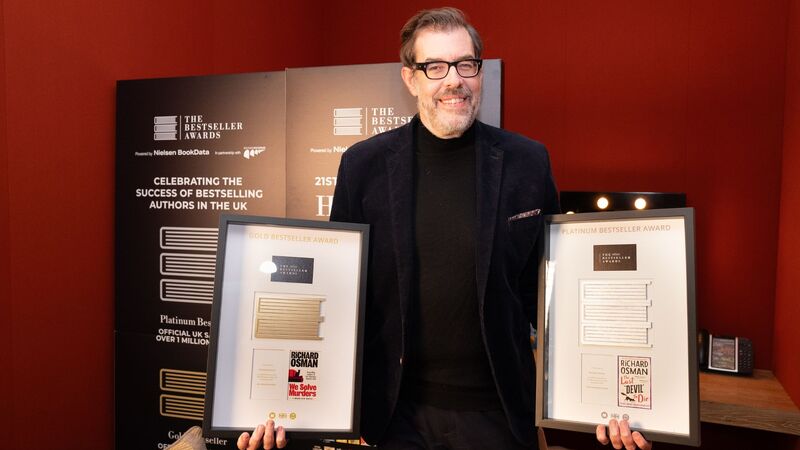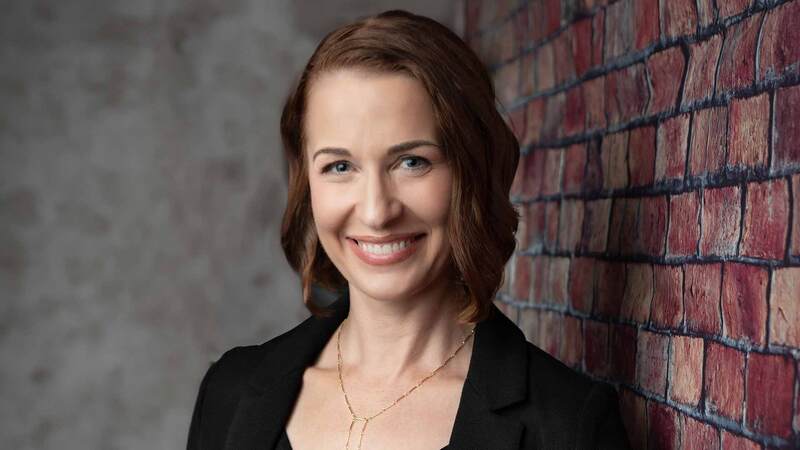You are viewing your 1 free article this month. Login to read more articles.
BIBF: Dohle warns on impact of subscription model
Heavy readers switching to use e-book subscription services would have a "huge impact" on the revenue of book publishers, global c.e.o of Penguin Random House, Markus Dohle, has warned.
Speaking at the Global Top 50 Publishing Summit at Beijing International Book Fair in China yesterday (24th August), Dohle explained that PRH had not signed its titles up for any subscription services, such as Amazon’s Kindle Unlimited, Mofibo or Scribd, because the ‘all you can eat’ models threaten to “devalue” intellectual property (IP) at a time when most authors can barely afford to earn a living.
In the US, Dohle said 40% of the readership accounted for 85% of publishers’ revenue, so "heavy readers" switching to subscription models would have a “huge impact” on the industry.
He explained that the industry’s existing publishing model, successful for over 500 years, was "robust" and "not broken at all", and argued that subscription models were "not in the reader’s mindset". If they became popular, they would ultimately lead to "lower prices" and "a huge devaluation of IP", Dohle said.
"A la carte is not broken [...] I don’t see us supporting subscription models, because we just don’t need it," he said. "Somehow we have to protect the measure of our intellectual property. Take an e-book for $12, that’s entertainment for 15 to 30 hours. That’s a fair deal compared with a movie and other media formats. I think we have a very robust pricing model in the market and subscription would just change the whole dynamic."
His views echo those of PRH UK c.e.o Tom Weldon, who told The Bookseller’s FutureBook Conference in 2014 he was not convinced readers wanted e-book subscription services.
Dohle also spoke about how PRH views every book as if it were "a new start-up", with the company putting 15,000 "bets" on books every year and investing $750m annually into new ideas. If IP is not protected, he argued, then PRH would not be able to invest so heavily.
The trade book boss also said that the "essence of the change" brought about by digital was less about formats than "the shift to the end consumer: not in terms of transaction for us but how we make people aware of great reads in a world of fewer book stores".
"Cracking that code of discoverability in this new digital world that is the task for book publishers today," he said.
Waterstones’ improving performance following a 6% rise in print book sales in the UK last year and growth in the children’s market were singled out by Dohle as "heartening" trends in the industry.
Chidren’s is both the "fastest growing" publishing category of the past decade and a market of “strategic importance” for PRH.
"Strategically for us it is the most important category, because with that category we develop the next generation of readers," said Dohle. "And it starts early on, with board books, then picture books, then middle grade and young adults. And with all those categories we want to start to give an early experience of books so they become life-long readers."
He added: "The biggest publishing phenomena over the last 10-15 years has been kids books. Two weeks ago the Harry Potter screenplay was published and, in the first few weeks, from BookScan in the US plus everything that is not in BookScan, we can actually estimate the number is north of 5m [copies sold]. The first Harry Potter generation is far into adulthood; it is the brand, and it is heartening to see, whether it’s Twilight series or Harry Potter or the John Green’s The Fault in our Stars, that most of the largest publishing phenomena have been in children’s."
Beijing International Book Fair has placed an emphasis on children’s publishing as an "important and growing" area, not least because China’s one-child policy has just ended.
According to the State Administration of Press Publication, Radio, Film and Television, 215,000 books were published in China last year, of which 37,000 were targeted at young readers.
















